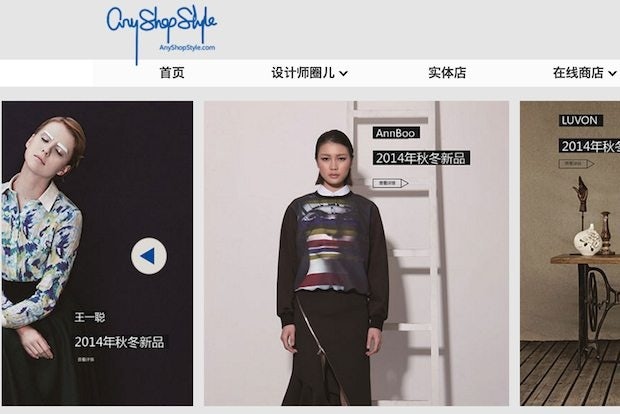
Following the conclusion of another record-setting Singles’ Day, we asked readers to submit questions about luxury e-commerce in China for Hung Huang’s weekly Q&A column. For the November 11 e-commerce event, Alibaba alone reported US$14.3 billion in sales, marking a 60 percent increase from last year. As retailers continue to evaluate what this explosive growth means for the luxury market, read Hung's thoughts on its implications for niche labels, beauty brands, and small boutiques.
For next week's topic, we welcome readers to submit their questions about
luxury pricing#
in China. Given the recent news that the Chinese government will be reducing tariffs on more imported consumer goods, China price cuts by brands including Chanel and Tag Heuer, and the proliferation of gray market sales, luxury and fashion professionals likely have many questions about how to approach their pricing strategies in the China market.
Submit your question#
via Twitter (hashtag #AskHungHuang), Facebook, email (contact@jingdaily.com), or Weibo (hashtag #AskHungHuang#) before Monday, December 21.

Could you share some advice on how niche fashion brands from outside China that are too small to open their own physical or online stores can approach the China e-commerce market? Should they open stores on JD.com or Tmall (even running these can be expensive), or find a third party like a TP or multi-brand e-commerce platform to work with (in this case could they expect to sell wholesale, or on consignment)?#
-Timothy Coghlan, Chair, Australian Chamber of Commerce E-Commerce Working Group#
I think niche fashion brands overseas have a great opportunity in China because the Chinese consumers are getting more and more sophisticated, particularly the upcoming generations. One of the best ways to enter the market is pop-up shops. BNC has hosted pop-up store-in-stores from foreign designers. It has always been a hit; the only trouble is getting the merchandise into China, which is both time consuming and costly. However, now that we have found a good customs agent, I do think working with a Chinese retailer to do a pop-up store is a good idea. I know many brand clutches who come and do "show and sell" in hotel suites. That's also a very good way to get into the market.
Why are some notable e-tailers going offline with brick and mortars? (AnyShopStyle, Fei Space, Taciturnli, etc.) I thought this was the e-commerce generation!#
-Anonymous#
This is the e-commerce generation, but going offline from Taobao is not going offline. It is like getting out of a mall that allows other vendors to rip off your intellectual property in broad daylight. I think the good designers will eventually realize that it is not necessary to work with anyone who does not respect their work. So going offline from Taobao is a sign of success for any designer: 1. They are standing up for their own rights; 2. they are financially secure to open a brick and mortar store; and 3. they care about their customer experience. So it's all good.
How popular is beauty (from luxury skincare to cosmetics) as a category in China’s luxury e-commerce market or is the market largely offline? Do limited-edition, beauty boxes, and seasonal sets play as large a role as they do in the luxury e-tailer market here in the UK?#
-Joanne Bell (#
@DewGibbons#
)#
Limited-edition beauty products can either do really well, or tank. My advice is to use an established beauty salon as sales point but do a marketing campaign online. Selling online as a new product is not easy. Trust is a major issue. Most people ask friends to bring beauty products back from overseas. They want the product but they don't trust online sellers. However, you do still need to make sure people know the product, so I would recommend an online campaign for branding.